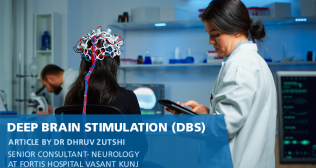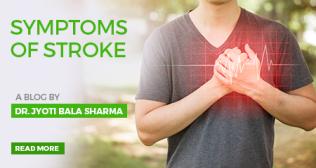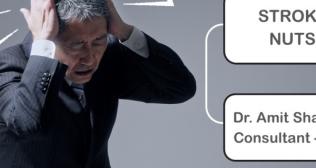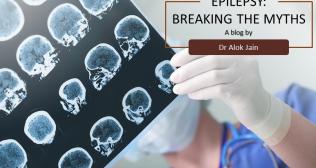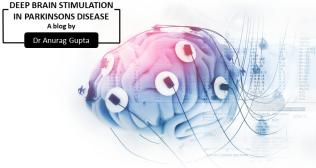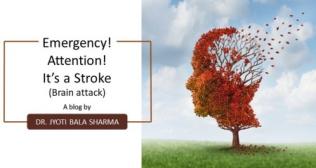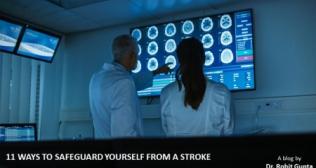
Know About Parkinson’s Disease
Parkinson’s Disease (PD) is one of the most common brain disorders which comes with advancing age. It usually presents with the shaking of hands, slowness in activities like walking, wearing clothes, day-to-day work, imbalance in walking, and stiffness in arms, legs, or body. The diagnosis can come as a shock though one may be symptomatic for a good period before confirmation.
PD can happen to any person and can occur at a young age also, there is no specific reason for PD, which is why it is called Idiopathic (the cause is not known) though very few patients may have genetic relation.
Dopamine is the culprit; this is a chemical in the brain that smoothens our movement and symptoms occur when almost 50% of it is already lost.
When to Suspect Parkinson's Disease?
A slow walk, shaking of hands usually one-sided, soft voice, change of handwriting, and a feeling of stiffness can be the symptoms of Parkinson’s Disease, and is the right time to consult a Neurologist.
How to Diagnose Parkinson’s Disease?
Diagnosis is clinical, based on symptoms and examination, there are no blood tests or tests like MRI which can confirm the diagnosis.
How can we treat Parkinson’s Disease?
A number of medications are available which basically replace Dopamine in the brain, these have to be taken regularly and doses need to be modified as per advice. Few patients with advanced disease may need surgery called DBS (pacemaker for the brain)
What should I do if I have Parkinson’s Disease?
Parkinson’s Disease is not reversible but we can definitely defeat it
1. Do away with stress and anxiety: Meditation, Reiki, peer groups, everything helps to bring positivity
2. Diet: Vegetarian diet can be helpful, proteins can interfere with medications
3. Exercise: You can fight your stiffness with regular brisk walks, Yoga, and dance. Dance therapy can help in improving balance and walk
Categories
Clear allMeet the doctor

- Neurology | Neurology
-
15 Years
-
1200







